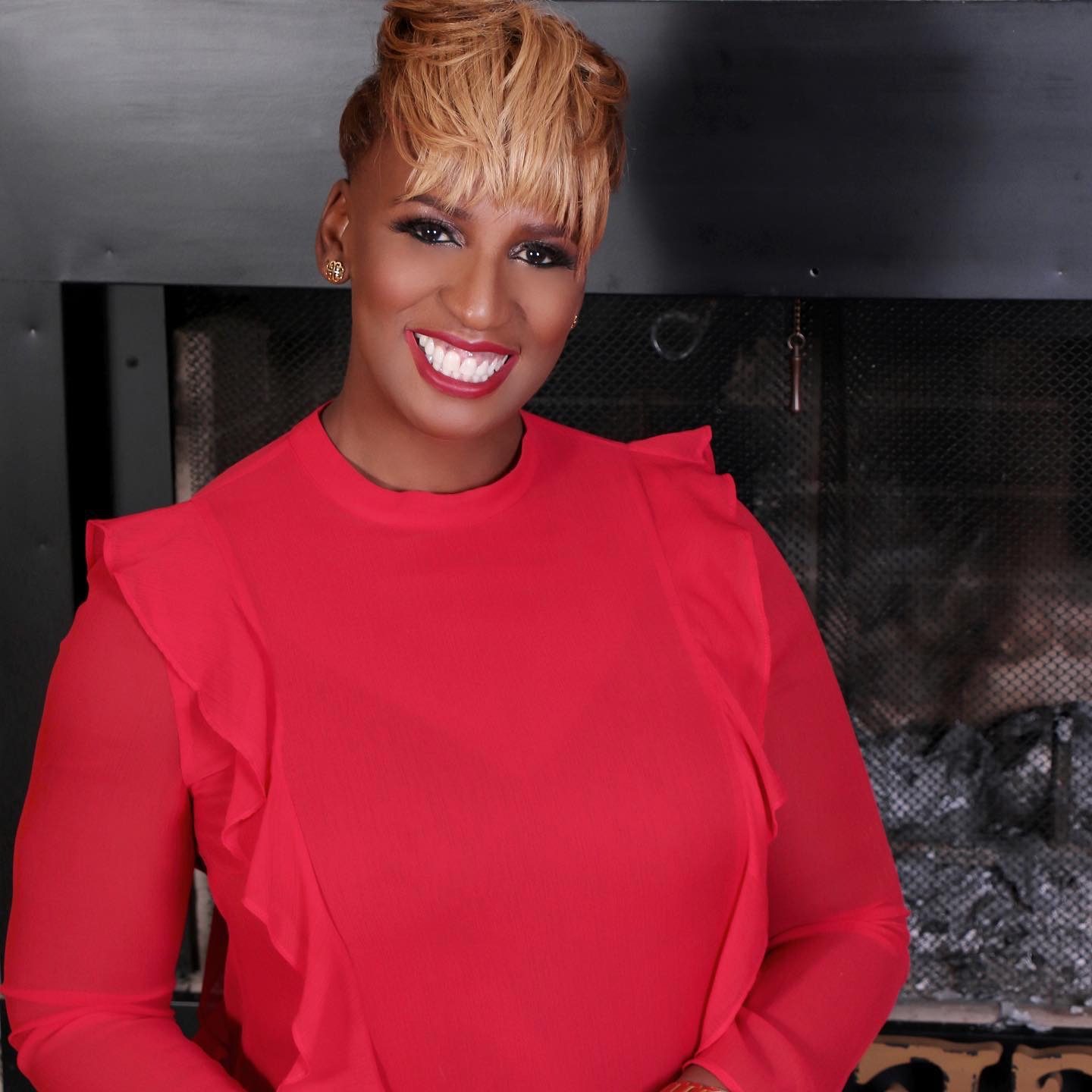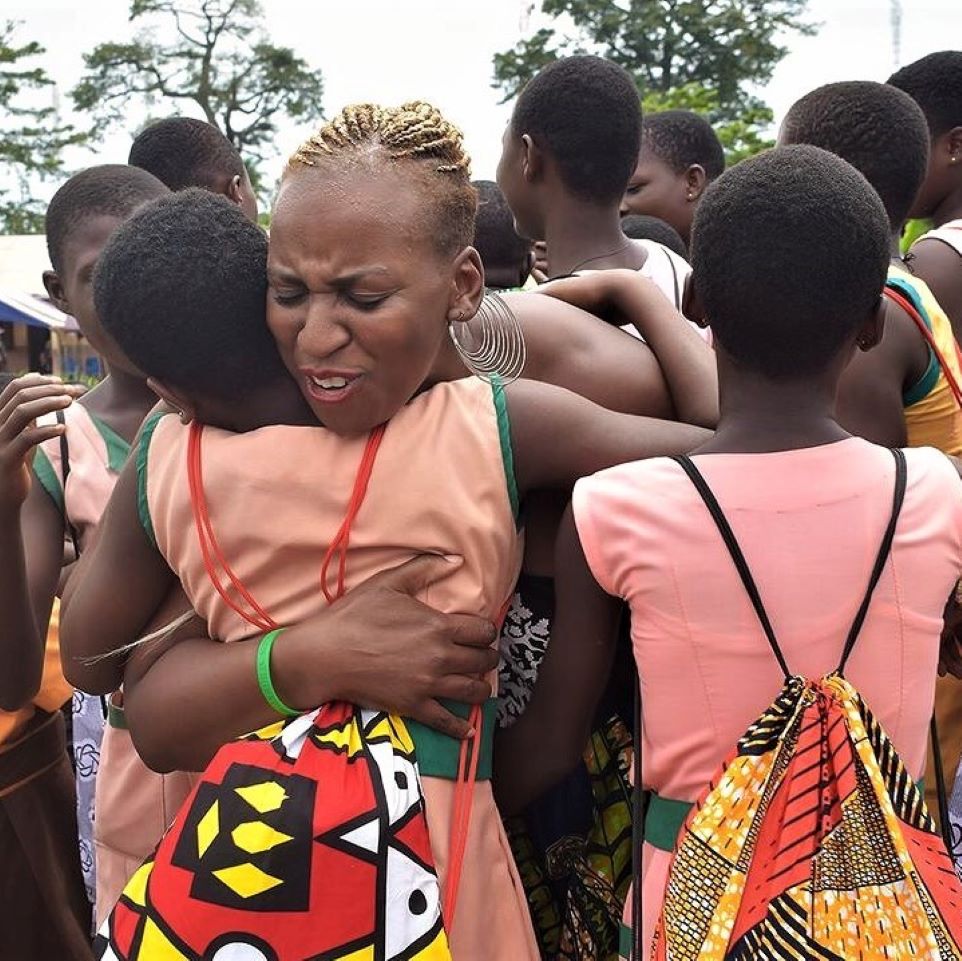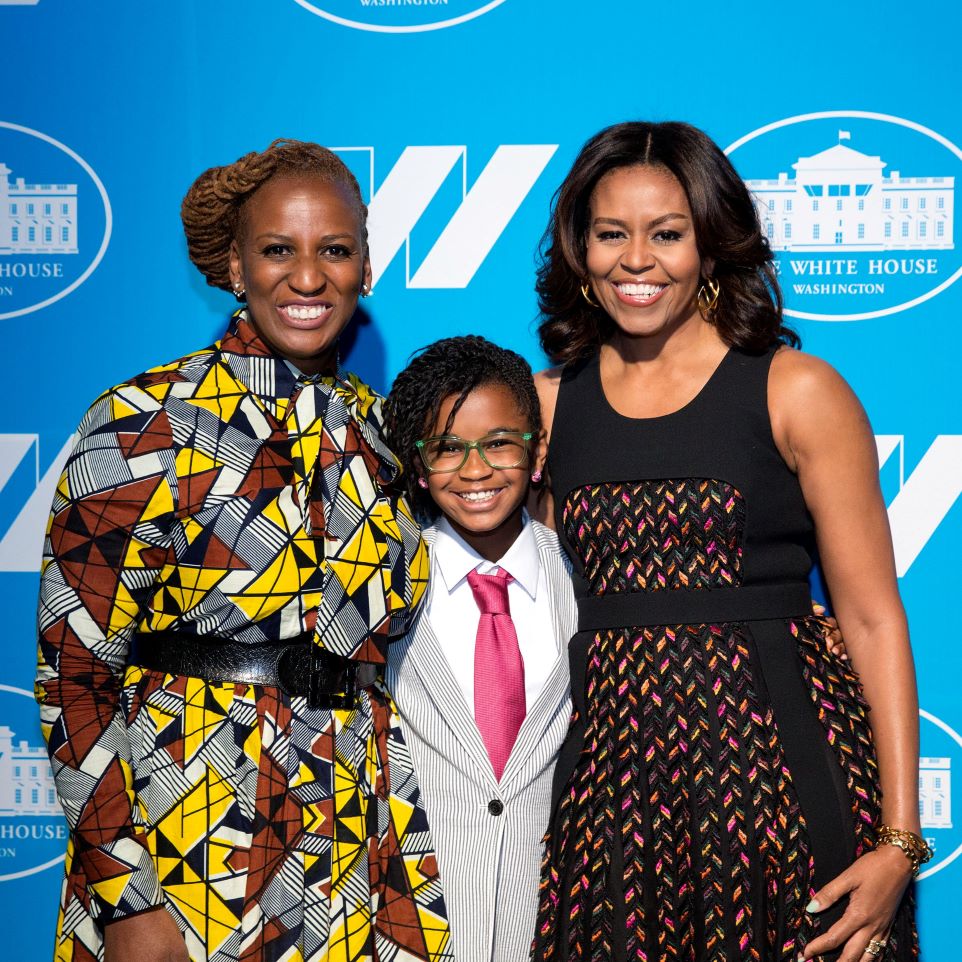
It is impossible to step into the world of Dr. Janice Johnson Dias without being transformed by it. She is a force. And before you know it, what may begin as a quick conversation with Wu-Tang references can easily turned into a full-on planning session to help you break down systems of inequity and build up yourself and your community. Effortlessly using the Socratic method, she will probe until you get to the core of your passions and the issues that concern you, and then she will challenge you to do something about it. Be ready!
The first thing you’ll notice is her vibrancy, energy — rhythm, and dedication to community connections.
Her unique perspective, informed by being a scholar, Black person, mother, woman and an immigrant living in a suburban middle-class neighborhood who grew up in poverty, makes her keenly aware of how issues of public health, racism, sexism and classism intersect to impact and organize our lives.
Dr. Johnson Dias is a renowned sociologist who has devoted her life to bridging the gap among the research, theory and practices. She is an academic interested in real-world solutions to create healthier people and healthy communities.

Dr. Johnson Dias conceptualized and leads the GrassROOTS Community Foundation (GCF), where she heads a team that trains girls to be changemakers by showing them how to use their frustrations to solve social issues.
GrassROOTS relies on connections and partnerships with other philanthropic organizations within the US and across the globe. Such work includes working to #endperiodpoverty and enhancing positive mental health issues for youth through #GreenRibbonWeek as well as teaching residents of economically depressed communities how to train and complete a 5k through #RootsRockRun5k.
As a public scholar, Dr. Johnson Dias connects personal matters to institutional structures.
“I make sure that different people and organizations come to the table, have a seat and feel like they belong. It takes all of us to solve social issues”.
In her work with the local government and municipalities, she focuses on translating social science research for policy. Her work with corporations centers on identifying ways in which unrecognized privileges organize the workplace, pinpoints how racism and sexism structure the execution of work, and offers strategies on how to restructure for equity.


